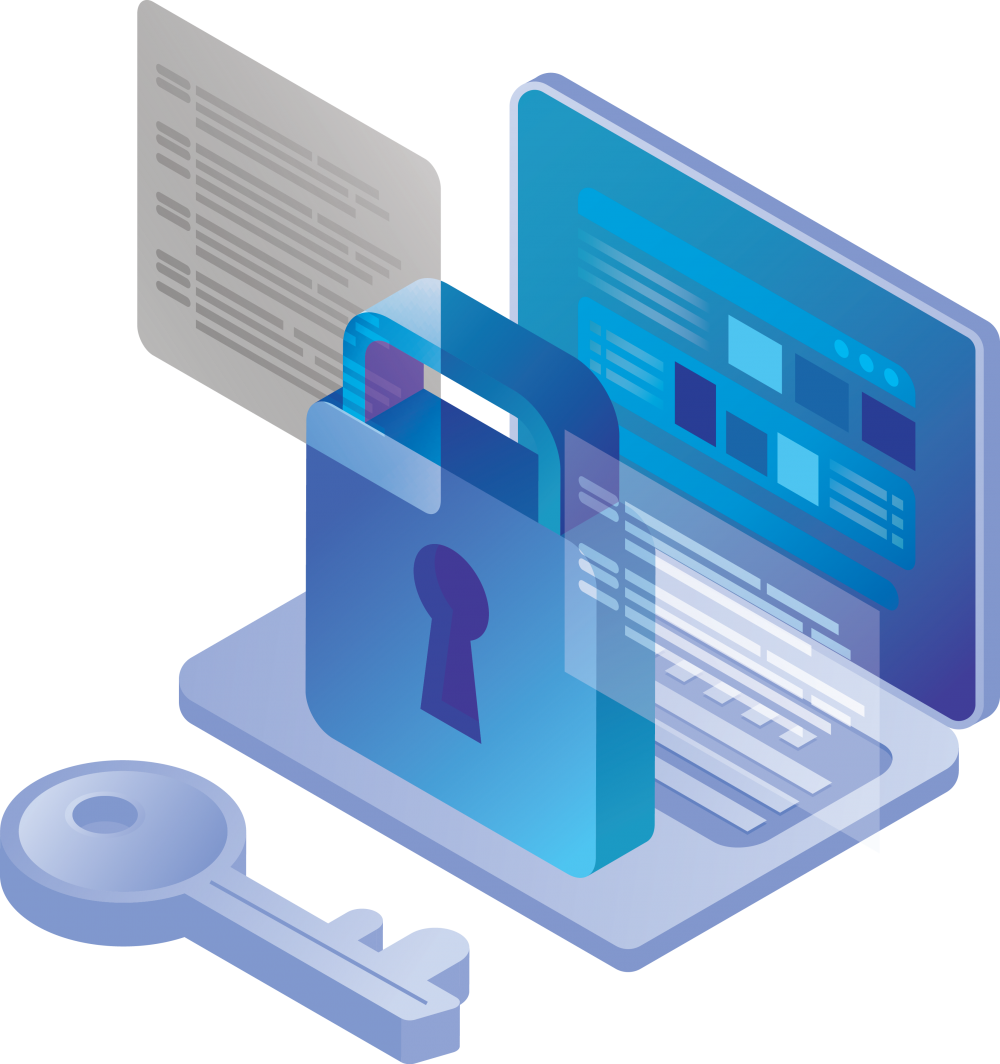10 Ways to Improve your Website Security
Website Security is a must action that a Website owner must take to ensure his Website from Cyber Criminals. Is important as well to ensure it from any exploitation in any way like cyberattacks, hacking, and threats.
Secure and keep your website safe is an important part that you always think about because cyber-thieves and hackers can anytime be accessing your sensitive information. With no security, you take the risk to spread and escalate malware, attacks on the website, networks, and other infrastructures.
Secure Socket Layer (SSL), is a standard security technology that establishes an encrypted connection. This connection happens between a web server and a browser. The Website URL, changed and is prefixed with “HTTPS” with the “S” in the end represents that the Website is Secure.
Below are some practical tips that representing only the 8 most basic methods of how to improve your Website Security.

1. Use a Strong & Smart Password
Your password should be as strong as can be. It must consist variety of letter sizes and symbols within it and changing it regularly. Is the easier and best way to be secure and protected. Keep your website secure.
Also create a unique password for every new log in request. Come up with complicated, random, and difficult to guess passwords. Then, store them outside the website directory.
2. Keep your Software up to date
Is important to update all the platforms or scripts that you use. Hackers take the opportunity to hack security flaws in popular web software. Programs need to be updated to patch security holes. If your site’s software or applications are not up-to-date, your site is not secure.
Some platforms allow automatic updates, which is another option to ensure website security.
3. Use SSL
Encrypt your login page with SSL Encryption. SSL helps to prevent hackers from accessing login credentials or other private data, such as credit card numbers, social security numbers, and login credentials. All of the information is encrypted so that it’s meaningless to any third party who enters and intercepts it.
4. Use Plugins Correctly
Plugins are helpful tools of software that can act as an add-on to extend or add functionality to your website. But there are issues with them. Do your research before you install it. Make sure it is supported, it’s from a reliable source, is up-to-date and of course, they are secure.
5. Keep your Website clean
Delete every plugin, database, and application that you don’t use. Keep your file structure organized so can be easier to delete old files. Databases, plugins, and applications that are not used, are possible points for hackers from entering your Website.
6. Backup Your Data
You have to back up your data in any case and for any use. If your data are not backed up, means your data are dangerous. If hackers passed into your information, or if your data can be lost, with the backup you can protect them before your data disappeared.
7. Web Application Firewall
Web Application Firewall (WAF) are applications that can be installed to help protect your website. Also, WAF can help to secure your servers as well. They can oversee data transmission and analyze what is secure and what is not. If your data are dangerous because of dangerous traffic, WAF removes them. That move doesn’t harm any of your data.
8. Use a Secure Web Host
Choosing a secure and reputable web hosting company is very important to your website security. Make sure the host you choose is aware of threats and devoted to keeping your website secure. Your host should also back up your data to a remote server and make it easy to restore in case your site is hacked.
9. Scan Your Website for Vulnerabilities
It is important to regularly perform web security scans to check for website and server vulnerabilities. Web security scans should be performed on a schedule and after any change or addition to your web components. There are a number of free tools on the Internet that you can use to measure how secure your website is.
10. Contact or Hire a Security Expert
Whatever that can helps to keep your website secure is important. So, if you cant keep your eyes open to threats, or if your knowledge is poor, let the experts take the advantage to help you and keep you safe.
Web Hosting Providers, providing security services to handle many of the security measures. Scan your website for any weakness, threats, cybercriminals, and of course can keep you safe.
Don’t ever stop protecting your Website. If you trying by yourself or if you ask for help from a Web Provider, is important to always be safe.
Here are some of the other services we provide here At HostingB2B:
Why Hostingb2b Solutions ? Contact us TODAY to find out!
Here are some of the other services we provide here At HostingB2B:
Recommended Posts

The Importance of Regular Website Backups
July 18, 2024

Benefits of Managed Server Hosting
February 13, 2024



